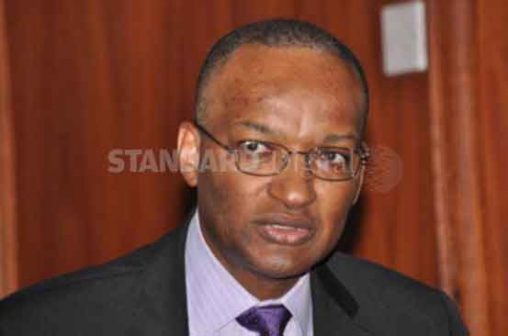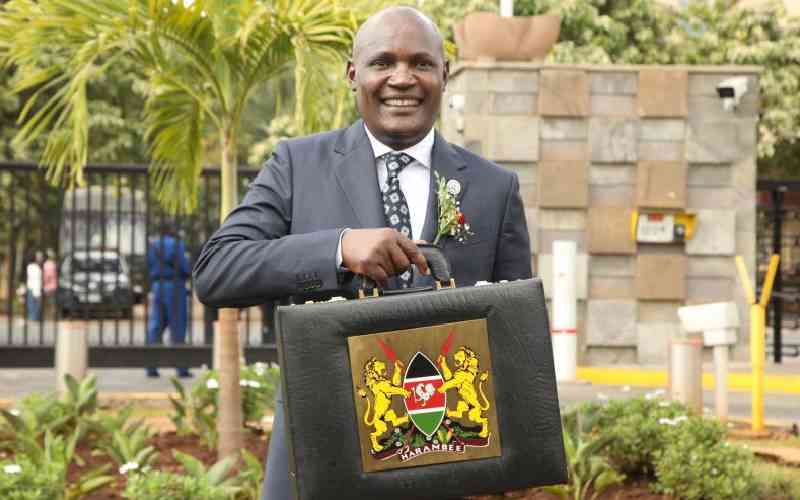×
The Standard e-Paper
Fearless, Trusted News

Even after adjusting the rates in favour of borrowers, Central Bank Governor Patrick Njoroge says the new law has complicated management of the country’s monetary policy.
Njoroge reckons that it is now not possible to explicitly determine whether a reduction in rates will automatically result in increased lending as was the case in the old interest regime.







